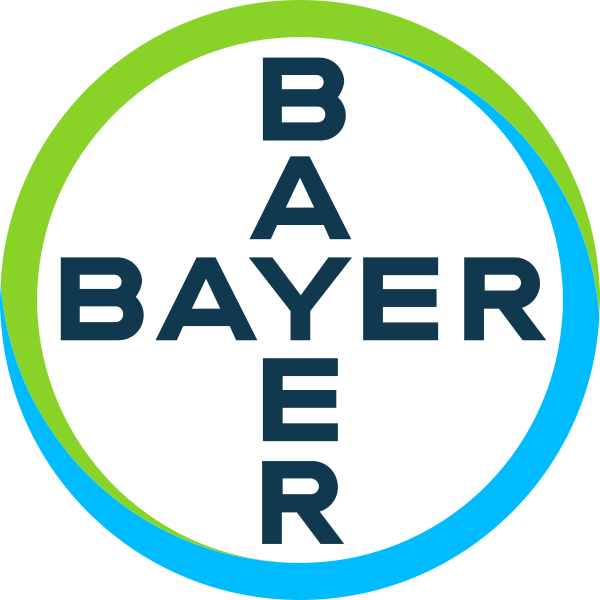Bayer Future Clinical Trials project utilizes VEIL.AI's next-generation anonymization
A synthetic control arm (SCA) is a way to utilize already existing data in clinical trials to replace or reduce the need for traditional placebo groups. By leveraging real-world or historical data, SCAs make trials more ethical, faster, and cost-effective. They allow for quicker patient enrollment, reduce exposure to ineffective treatments, and improve trial efficiency, especially in rare diseases and other such indication areas where traditional control setting is difficult to implement. SCAs also enhance statistical power, support personalized medicine, and are gaining acceptance from regulatory agencies for faster drug approvals.



This is a significant achievement. In our study, we could draw the same conclusions from anonymized data as from traditional pseudonymized, individual-level research data.

Strategic Project Lead, BAYER
Introduction
Global life science company Bayer carried out an extensive four-year development project called Future Clinical Trials (FCT) (during 2020 – 2024), which utilized AI-enhanced next-generation anonymization technology from VEIL.AI.
The international project was aiming to find ways to:
Speed up clinical trials
Reduce drug’s time to market
Increase patient safety
Reduce costs
Steps to build a
synthetic control arm - Case FCT

Data from register holders
Bayer wanted to create a methodology for providing virtual or synthetic controls for clinical trials based on RWD and legacy clinical trial data.
The FCT project was implemented in Finland, which has good health data registers and the first legislation for secondary use of health data introduced in Europe.
The new data needed for Bayer’s external control group was collected from national registers and databases directly into a Finnish data authority’s (Findata) secure operating environment (SOE). There it was cleaned, checked and processed.
High-quality data anonymization
VEIL.AI anonymized the data within the SOE. VEIL.AI provided also evidence of data quality. In fact, the next-generation anonymized data was of such high quality that the same conclusions could be drawn from it as from traditional, pseudonymous individual-level research data.
Verification of anonymity before data release
Now Bayer had new high-quality anonymized register data in Findata’s SOE. But there was a need to transfer the row-level data to Bayer’s own execution environment. VEIL.AI has created a protocol with which authorities can verify the anonymity of datasets that have gone through the anonymization process. The analysis is a transparent way to provide strong evidence of privacy protection before releasing the anonymized data for further use and helps to document what has been done during the anonymization process.
Authority permitted the transfer of anonymized data to another country
After Findata was able to verify the anonymity of the dataset, it permitted Bayer to export the verified anonymous data to Bayer’s own secure data science environment.
In this way, Bayer received new high-quality anonymized data, which opened up new possibilities for further enrichment and utilization of data such as:
- merging the anonymized data with legacy RCT data
- getting more anonymized RWD and RCT data
- data augmentation to extend the follow-up time and improve the efficiency of clinical trials
- sharing clinical data


Data Scientists in data driven organizations need good data to practice high-quality data science. Continuous next-generation anonymization capability can help to do things that would otherwise not be possible.

Strategic Project Lead, BAYER
In 2001, the FDA accepted the use of external controls, where justified, to support regulatory decisions, stating in its latest guidance (February 2023) that external controls, such as SCAs, should be considered on a case-by-case basis. The EMA recognizes that SCAs can be a valuable tool when conducting conventional trials with placebo or standard-of-care arms presents a challenge, such as in rare diseases or when studying treatments for life-threatening conditions.
Early engagement with regulatory agencies is recommended by the FDA, EMA, and MHRA to ensure that the agencies can provide feedback on the appropriateness of any approach proposed. It is important to present to regulators the reasons why the proposed study design is appropriate, what data sources will be used for the SCA (and justification for their selection), the proposed statistical analyses, and how the data is going to be managed and submitted to the agency for review.
Ready to discuss your use case?
Get in touch with us to discover how VEIL.AI can help you securely anonymize your health data, enhance your research capabilities, and accelerate your time to market.
*By submitting this form you agree to our Privacy policy. We are committed to your privacy. Information provided by you may be collected and automatically stored in our database and may be used for sending you additional information about VEIL.AI and our services. You may unsubscribe from these communications at any time.

